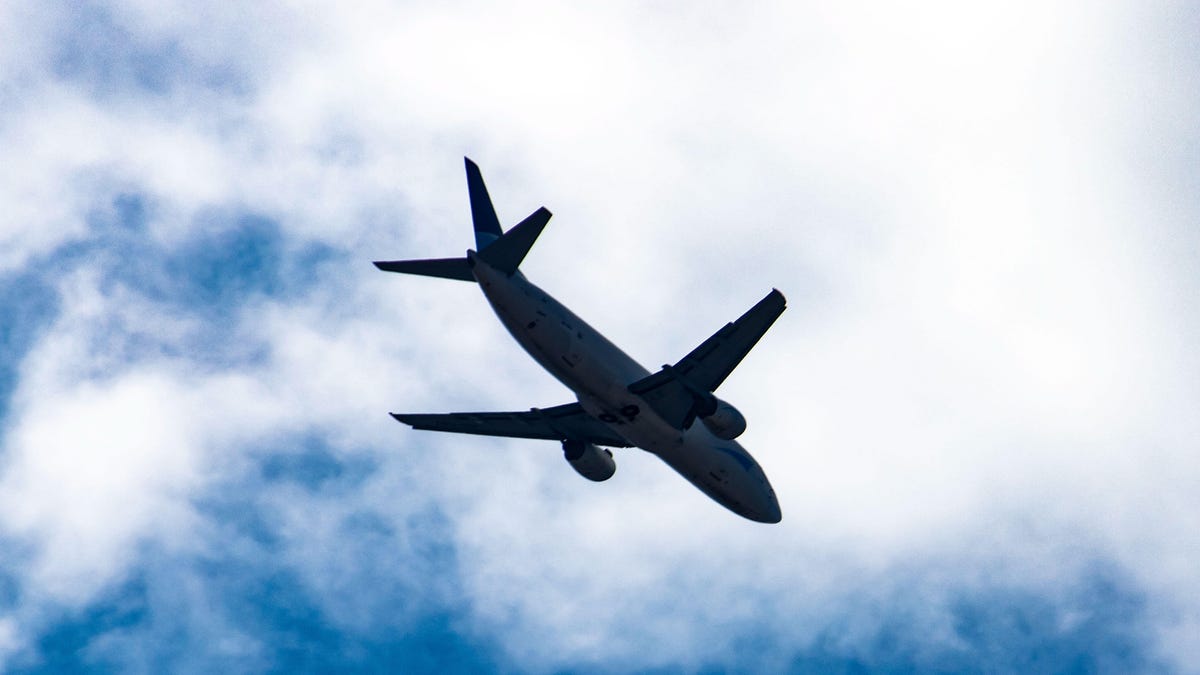Google offers $1,000 credits to struggling small businesses. Travel CEOs say it's 'utterly underwhelming'
Travel companies that have been devastated by the coronavirus pandemic are calling for Google to do more.

CEOs of small travel companies think Google should do more to help them rebound from the pandemic.
After vowing in March to help small businesses that are struggling because of the coronavirus pandemic, Google has begun rolling out a relief package to its advertising partners in a handful of countries. The program launched this week in Italy, Australia and Taiwan ahead of a broader expansion. Companies that qualify will get a credit worth up to $1,000.
But the amount of the credits has left small companies, particularly travel businesses, disappointed.
"To put it euphemistically, this is utterly underwhelming," said Douglas Quinby, CEO of Arival, a Boulder, Colorado-based travel research company. "Global travel and tourism is one of the world's largest verticals and a major contributor to Google's profitability over the past two decades. They could and should do more."
The reaction follows Google's decision to create an $800 million package to help organizations ailing because of disruptions caused by the coronavirus pandemic. The search giant earmarked $340 million in advertising credits for small and medium-sized businesses across all industries. The credits will go to businesses with active Google Ads accounts and must be redeemed before the end of the year.
CNET spoke with several CEOs of small companies in the travel industry, many devastated by trip cancelations caused by shelter-in-place orders, after Google's plan was announced. The executives called for Google to offer cash rebates for first-quarter advertising, work with companies on individual payment plans or extend the time available for using the ad credits.
In a statement, Google said the credits were meant as a "gesture of support." The company didn't address complaints about the size of the amount offered.
"The COVID-19 crisis has deeply impacted small businesses globally and we designed our SMB ad credit to reach our small business customers broadly with a gesture of support," a spokesman said. "We hope this will help to defray some of the cost of re-engaging with their customers at a time that is right for them." He also pointed to a pilot program the company expanded in April that charges hotel advertisers only if a guest actually uses the accommodations.
Google and the travel industry have long relied on one another. The search giant saw a rare slump in business in the first quarter, partly because of the disappearance of travel ads, analysts say. Despite the setback, Google managed to beat revenue expectations. Still, the search giant said that revenue dropped sharply in March as the coronavirus crisis began to take hold, and the company warned of a "difficult" second quarter for its ad business.
In the meantime, the travel industry has struggled. A group of 20 travel companies from France earlier this week wrote an open letter to Google and Facebook, calling on more aid from the tech giants when it comes to advertising costs, including discounted ad campaigns in 2021. The missive follows another open letter in April to Google Chief Business Officer Philipp Schindler, from a group of German travel startups asking for cash refunds.
Dan Yates, CEO of Pitchup, a London-based company that books camping reservations, said the ad credit amount would account for less than a day's worth of ad spending. He said his company spent $7,400 one day last year in late May.
"So we'd have burned through $1,000 by mid morning," Yates said. "It's disappointing"
Walks, an Austin-based company that sells travel tours, said it laid off or furloughed more than half its staff. Google's promise of financial aid ended up compounding the situation for many travel companies, Walks CEO Stephen Oddo said, because they held out hope for a solution that won't make much of a difference.
"They may as well not do it," said Oddo. "It honors a vague commitment they made, but it caused more stress than it helped."

